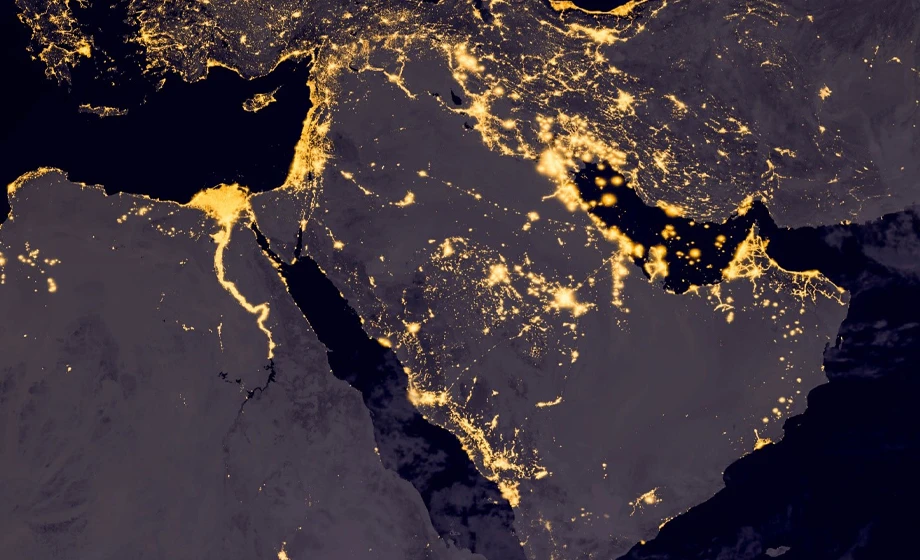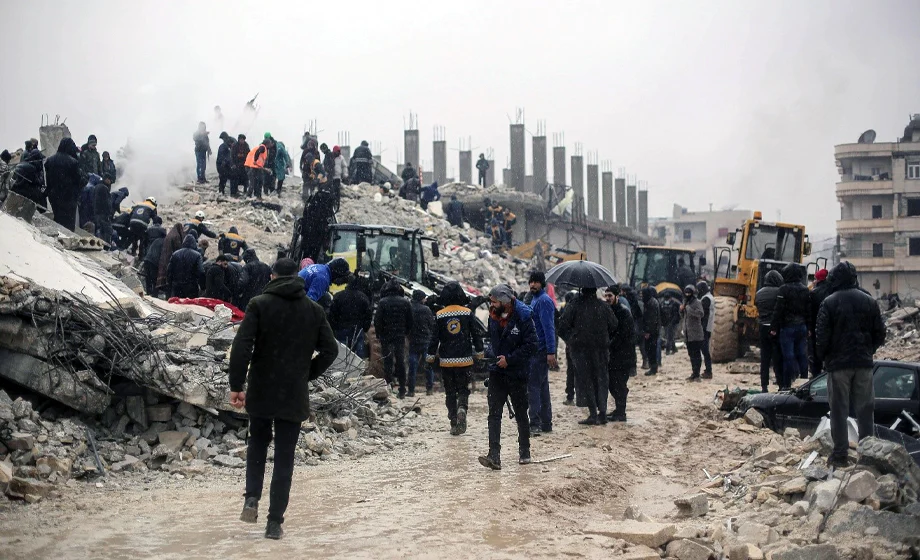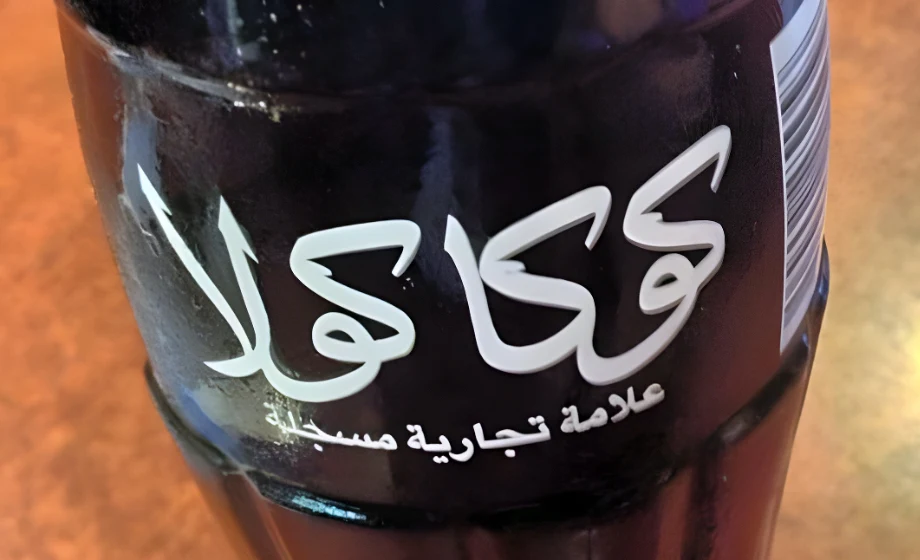Do you need an Arabic-certified translator? Or is your translation to be notarized? How about an apostille certificate?
When it comes to submitting your translated Arabic documents to a court, government agency, or other official body, the terms can be confusing and change significantly from place to place.
If you’re looking for assistance with a specific project, please get in touch here to request a fast, professional quote.
For a full briefing on the certification process, please read this article to get a better sense of what is involved.
Certain situations require certified translations, especially when admitting documents into a court of law or submitting them to government agencies. Typical legal/personal documents that usually need certification include birth/marriage/death certificates, passports, vital statistics records, licenses, academic transcripts, etc. Business documents related to mergers and acquisitions, articles of association, financial statements, etc., also usually require certification.
However, most countries have different procedures and rules for officially certifying translated documents. Each has different standards for what qualifies as a certified translation or who can perform them. As such, it can be a confusing process to parse out all of these conditions.
In this article, we break down the most important aspects of certifying a translation. Some of the most commonly asked questions include:
- What is the process for certifying a translation?
- Who can certify a translation?
- How much does a certification cost?
Certification vs. Notarization vs. Legalization
Certification is the process by which a translator attests to having performed his/her translation according to their best knowledge and understanding of the source material. It is a basic guarantee that the information contained within the translation accurately reflects the source. The process itself usually consists of the translator or company providing a certificate to that effect with their signature and seal (if a member of a professional translation association). In some countries and contexts, the legal systems require that a translation also be notarized. It’s important to note that the United States has a more liberal policy on Arabic-certified translations, and indeed any language pair). In the US, any translator or translation company can certify a translation by providing a notarized letter (sometimes called a “Certification by Translator statement” attesting to the translation’s quality and completeness. See a sample certification by translator letter from Industry Arabic here.
Notarization is the process in which a public official (usually a Notary Public) verifies that the translation has been completed by the said translator. To obtain a notarization, the translation must appear before the notary, who then signs and stamps the notarized document. A notarization has no bearing on the accuracy of the translation. Rather, the official is merely attesting that the translator brought their translation for notarization. Notarization operates on a domestic level, however. Documents going abroad need another form of authentication known as legalization.
Legalization is the process through which a government agency receiving a foreign document will recognize its validity and legality, as well as its translation. The agency then provides a document with its stamps and seals of approval. In 1961, the Hague ratified the Apostille Convention, which attempted to abolish the need for legalizing foreign documents. Instead of legalization, people or institutions submitting documents abroad would only have to provide an apostille to their documents. This small verification document acts as a sort of international notarization. For our purposes, however, the only Arabic-speaking countries where this convention applies are Morocco, Tunisia, and Yemen. Thus, legalization remains a necessary step in most situations.
Certified vs. Sworn vs. Court-Appointed Arabic Translators
In many places, the certification process can only be conducted by a certified Arabic translator, or a translator belonging to a recognized professional translation association or syndicate. Entry into such groups usually requires the individual to prove their professional and academic qualifications, pass an examination, and pay dues. These translators can be hired by both companies and government agencies to perform a certified translation.
Other countries take the process a step further by allowing only sworn translators the ability to certify translations. These translators also have to take an exam administered by the government and usually have a specific translation degree. After passing the exam, the translator then must take an oath in court to uphold and attest to their professional translation standards and legal duties. They must also renew their oath after a certain period (usually five years) and undergo continual professional development to hone their skills. In certain countries and cases involving legal/business affairs, sworn translators are the only ones who can certify translations.
In some countries, the translator works at a specific court or institution. They must also reside in the country and region/province/state in which the certification is issued. However, other courts within the country can contact any sworn translator via the registry and appoint them to work in another locality or region for a specific purpose.
Industry Arabic maintains a wide network of certified, sworn, and court-appointed translators throughout the Arab World. If you are looking for a project to be completed by a translator certified in a specific Arab country or international jurisdiction, contact us here for more information.
Costs of Arabic Certified Translation
Costs for certified translations vary depending on the individual translator and the potential fees that may be incurred. Certified translators often charge higher rates for their work in recognition of their qualifications and the lengths they must take to maintain their certified status. Thus, most of the costs for certification are built into the price-per-word set by the translator/company. However, the process itself is most often a professional courtesy provided by the translator, so there is no extra charge per se for the certification document. As for notarization/legalization, there are usually nominal fees for the processes depending on each country’s own standards and rates.
Next Steps
The best way to ensure you obtain the ideal translation is to know what you need from the get-go. Before contacting any translation agency, understand the type of document you need to be translated, its purpose, and its final destination. This tiny bit of research can go a long way to helping you figure out the certifications you may need from the necessary organizations and their potential related fees. It will also save you extra money and the headaches involved in navigating the complexities of translation certification.
If you are still unsure about the specific certification processes involved with your translation, we can help you along the way. Using our certification database, we can ensure that you receive exactly what you need when certifying your translations.



